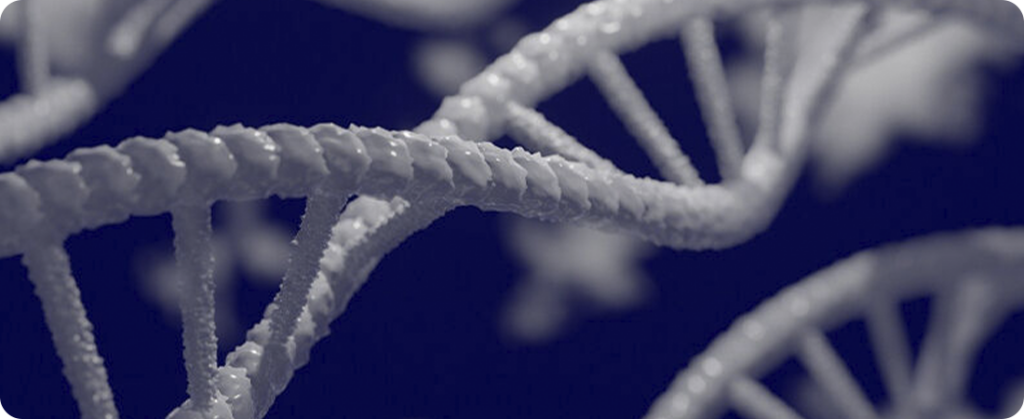
A team of Beijing scientists has developed a new gene-editing tool. This technology does not use CRISPR, as reported by the South China Morning Post (SCMP).
Researchers at the Institute of Genetics and Developmental Biology of the Chinese Academy of Sciences have published details of their modular gene editing system. This system is called CyDENT and was published in the journal Nature Biotechnology. The publication date was August 28th.
According to the September 9 report, the CyDENT system operates slightly differently than CRISPR/Cas9, which has a US patent.
CRISPR splits double-stranded DNA to make edits to the base pairs that make up the strands, according to CRISPR Therapeutics. A natural cellular process cuts and then repairs DNA.
CyDENT can be used to edit strand-specific genes without any cutting, as indicated by the research article.
Kevin Zhao, co-founder of Qi Biodesign in Suzhou, explained CyDENT. This system employs modules. These modules take care of several steps in editing.
CyDENT Gene Editing Technology: Promising Advances and Potential in Agricultural and Therapeutic Sector
Zhao said they developed CyDENT using a “protein-based approach” that relies on a protein signal to shuttle the editor inward, bypassing the need for a guide RNA and allowing access to hard-to-reach cell genomes.
The team said, however, that it needs more research to determine the best combinations of its modular elements to produce the best editing results.
For human therapeutics, Zhao said the most important considerations are safety and efficiency, although the tool has demonstrated great potential for exploiting previously uneditable DNA.
He added that the team was exploring what they could achieve in plant chloroplasts, where editing efficiency didn't need to be as high, to begin further research.
Zhao stated that the agribusiness sector could use the system, as many proteins encoded in the chloroplast – where photosynthesis occurs – are related to the efficiency of converting sunlight into energy. This means engineering crops for better energy conversion could produce better yields.
Source: Oils & Fats International














